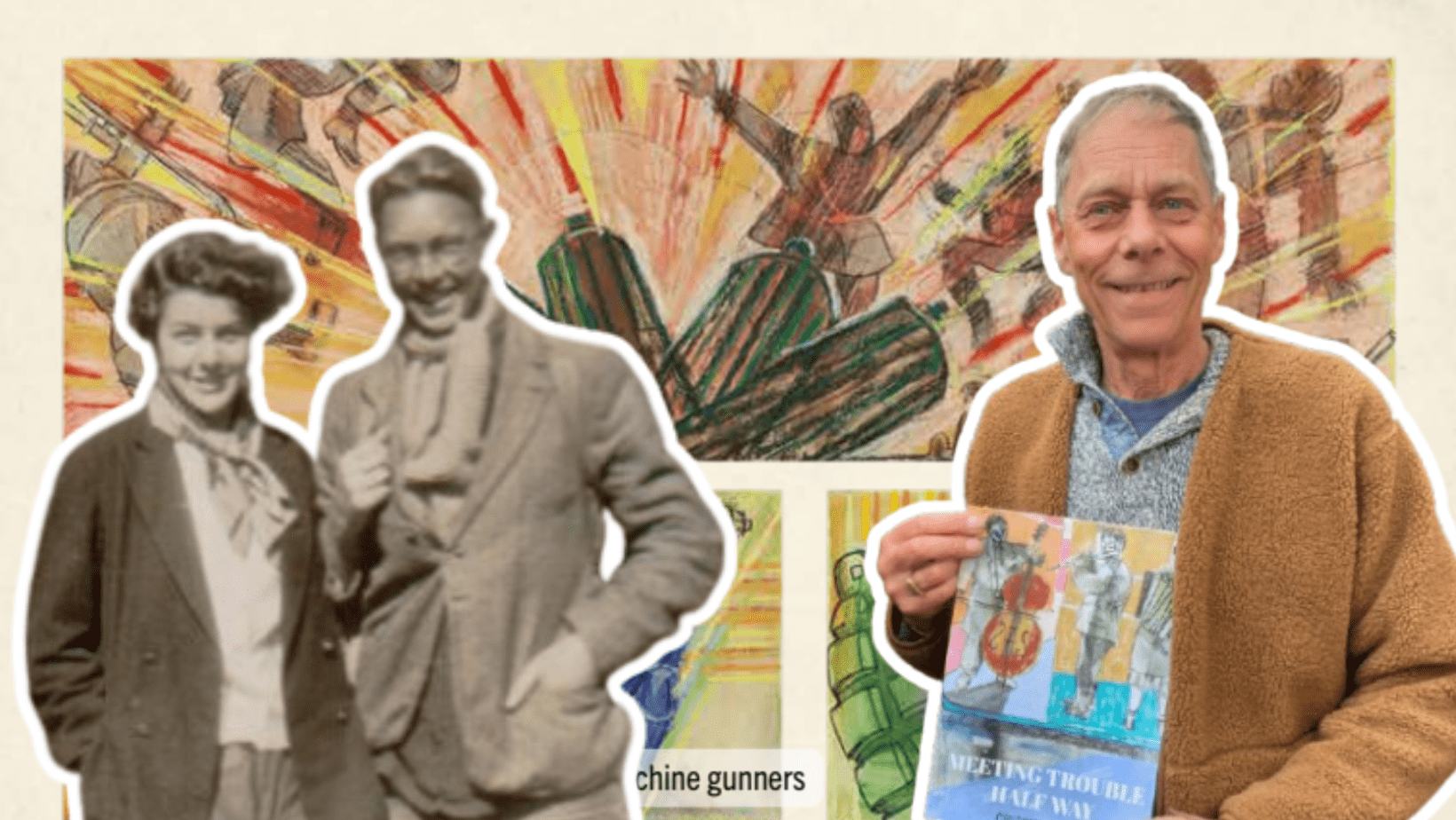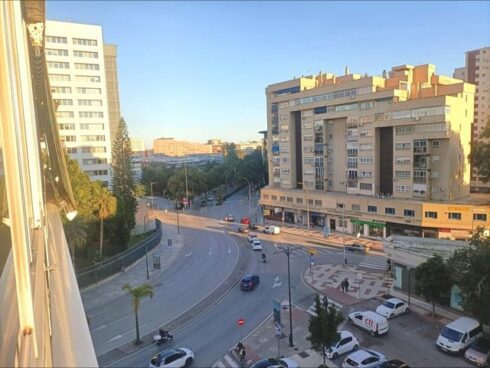THROUGHOUT the 1930s, facism appeared to be taking over Europe and the Second World War loomed on the horizon.
So when a far right coup threatened Spain’s democracy, many Brits went to fight.
“They fought in Spain so facism didn’t reach England,” artist and author Crispin Green told the Olive Press.
“If they did nothing, they thought Hitler would be marching his paratroopers over Hampstead Heath in no time.”
The Londoner has recently published a graphic novel, Meeting Trouble Half Way, inspired by his grandparents’ experience in the Spanish Civil War.
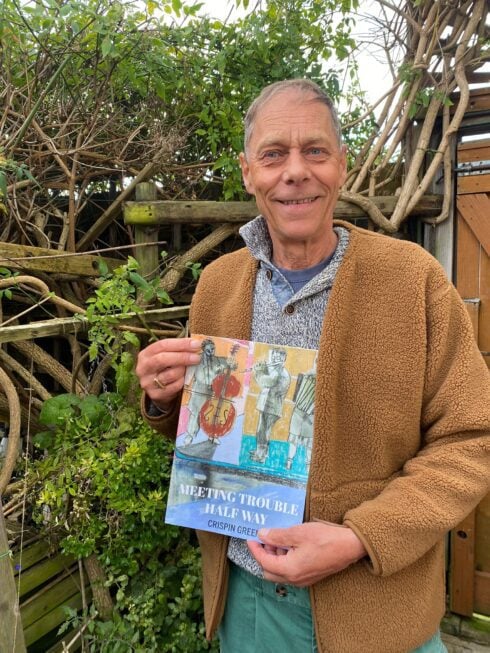
Photo: Crispin Green
“Growing up, I didn’t know much about the war, but when I retired I started reflecting on my life and my father’s. Before he died, we spoke a lot about Spain and I realised how much the war impacted him, he effectively became an orphan,” Crispin said.
George Green, Crispin’s grandfather, decided to join the International Brigade, travelling to Spain in 1936 while walking down London’s Fetter Lane.
Soon, 32-year-old George left behind his wife and children to join the Republicans.
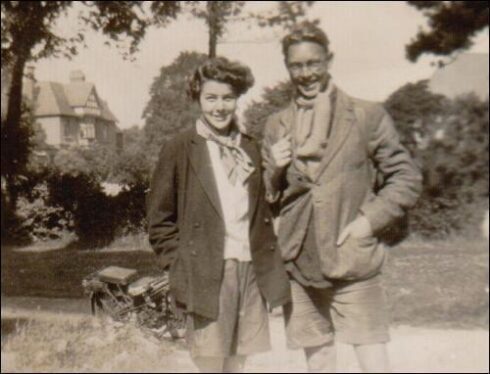
Photo: Crispin Green
He set off from Oxford Street with an ambulance full of medical supplies, accompanied by poet Steven Spender and the House of Lord’s only communist peer, Wogan Phillips.
Spender later described George, a cellist by trade, as an ‘idealist’ whose ‘eyes shone with passion.’
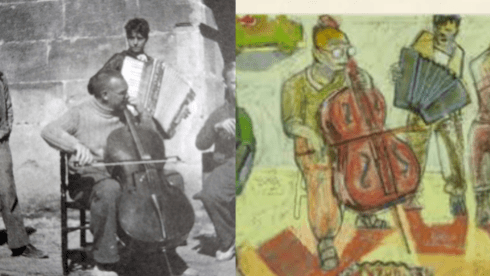
Photo: Crispin Green
Eventually, Phillips was wounded and returned to England, where he asked Crispin’s grandmother, George’s wife, to help at a field hospital in Tarragona.
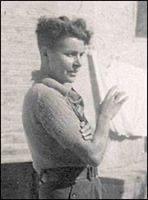
Photo: Crispin Green
Nan, also 32, travelled to Santa Llucia Cave Hospital, near La Bisbal de Falset, under the motto: “It’s time for us to knock history about, rather than being knocked about by history.”
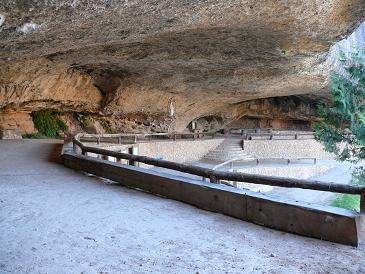
Photo: Ajuntament de La Bisbal de Montsant
She left behind Crispin’s father, Martin and his sister, Frances, who attended a boarding school paid for by Philips.
“Nan didn’t see it as neglectful, she wanted to leave a better world behind for her children,” Crispin said.
“She did administrative tasks, monitoring the wounded to see what provisions they needed, she also helped to run the 80 bed hospital and gave blood.”

Photo: The Estate of Alexander Wheeler Wainman, Serge Alternês (John Alexander Wainman)
It was at the hospital that Nan ran into George by chance in 1938 when he had been wounded in the Battle of the Ebro.

Photo: © The Estate of Alexander Wheeler Wainman, Serge Alternês (John Alexander Wainman)
However, when George heard the International Brigades were being withdrawn the next day, he sprung into action.
“He thought it was their last chance and maybe they could turn things around in the final push. Tragically, he was killed in the final assault,” said Crispin.
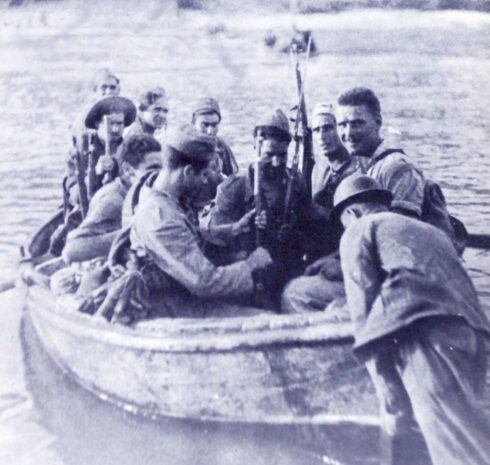
Photo: Cordon Press
Despite her husband’s death, Nan kept on fighting, helping Spanish refugees find new homes before becoming a translator in China.
It was only when she retired and came back to England that Crispin really got to know his grandmother.
“She was wonderful, I always felt uplifted when I left her house thanks to her positive outlook,” he shared.
In 2004, Nan wrote her memoirs entitled A Chronicle of Small Beer and just a year later, Crispin and his father travelled to Spain to see a memorial to the Battle of the Ebro.

Photo: Trent Editions
There, they met an English historian who identified the trench where George was likely shot, finding shells and bullets still littered on the ground decades later.
“It’s a beautiful landscape, like heaven on earth, but 80 years ago it was hell,” Crispin said.
Though his graphic novel does not follow his grandparents, it was heavily inspired by their story, as well as a play Crispin’s father wrote entitled The Tolerance of the Crows.
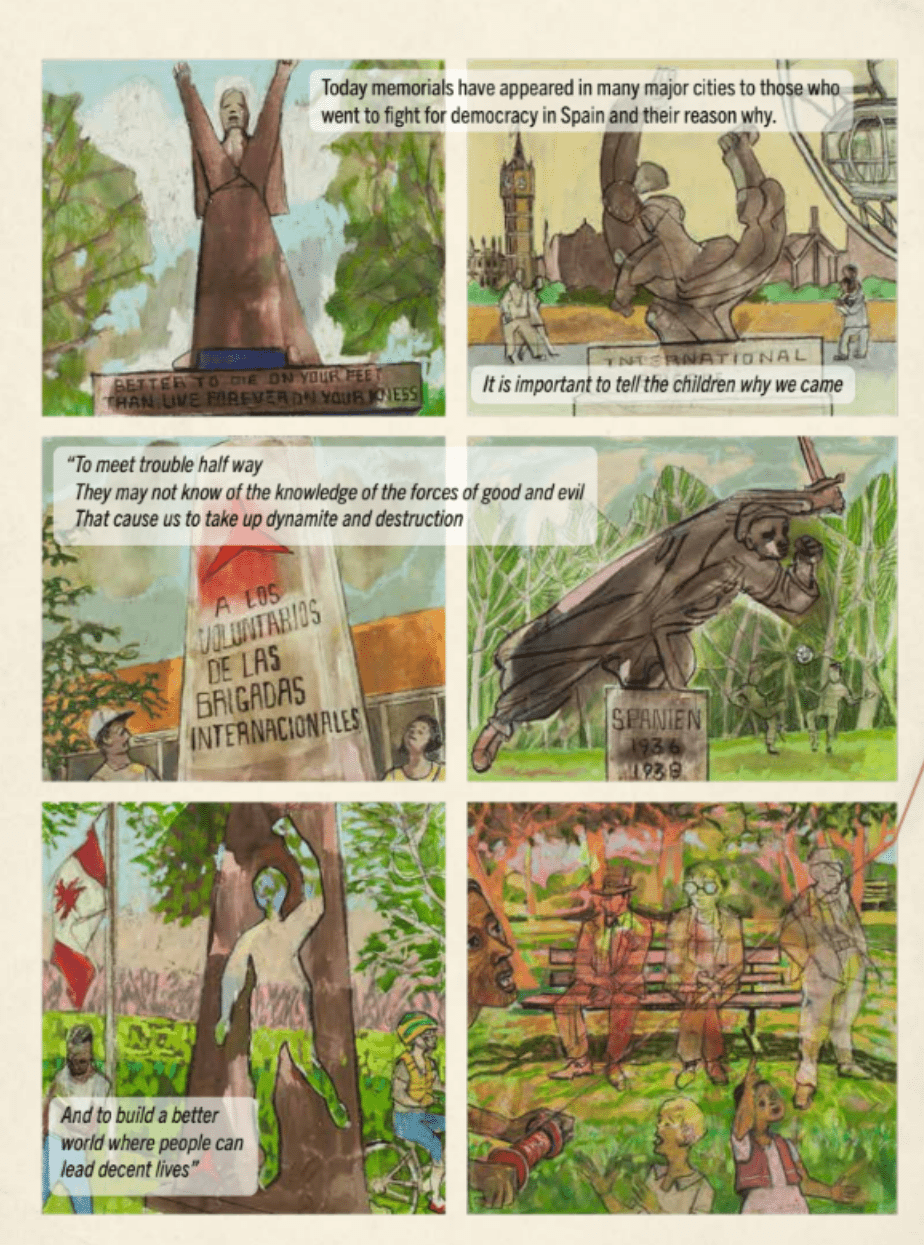
Photo: Crispin Green
It also references key figures of the Spanish Civil War such as journalist Arturo Barea and Ernest Hemingway.
The story reflects the diversity of those who fought against Franco through its three main characters: an unemployed Welsh miner, a Jewish trade merchant and a young university graduate.
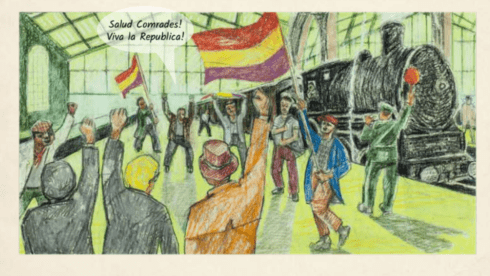
Photo: Crispin Green
They drive ambulances, end up in hospital and fight battles, just like Crispin’s grandparents.
Part of the International Brigade Memorial Trust, Crispin hopes the novel will raise awareness of those who fought in Spain.
“Right now, I think people feel powerless to what’s going on, but I want them to know you can have resilience, courage and hope. You can stand up and make your voice heard,” he said.
Meeting Trouble Halfway is available online from Amazon, Waterstones and Foyles.

